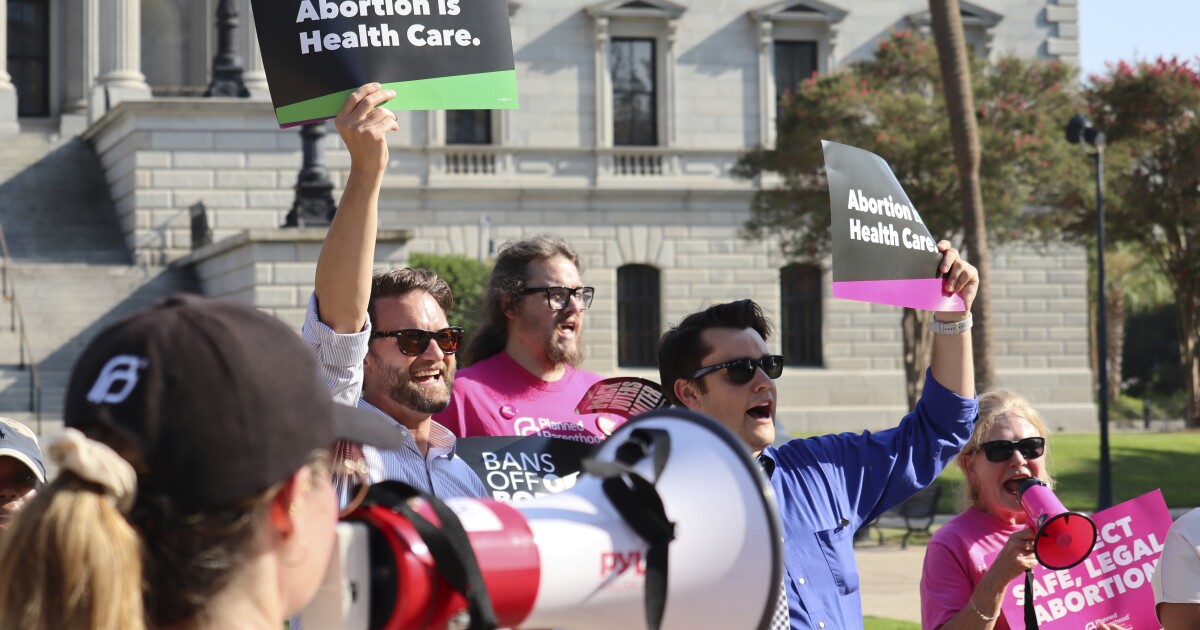Taylor Shelton said she isn’t ready to be a mother. She’d been using birth control for years — an intrauterine device (IUD), which is said to be more than 99% effective.
She’d just gotten the device checked by a doctor when she missed her period in September.
“When I found out I was pregnant, I was shocked to say the least,” Shelton told NPR.
Shelton and her boyfriend decided together that she would get an abortion. But South Carolina’s fetal heartbeat ban had just taken effect.
“I thought, ‘Luckily, I’m under six weeks. This shouldn’t be hard,’” said Shelton. “And then it turned out to be unbelievably hard.”
Shelton ultimately had to travel out of state to get an abortion.
“It was unnecessary, and it was traumatizing,” said Shelton. She’s now suing the state, alongside Planned Parenthood, arguing the ban’s parameters are vague and make it nearly impossible to get an abortion.
“The government want[s] us to be responsible. Well, I’m telling you right now — I had birth control. I tracked my period. I took the pregnancy test as soon as possible,” said Shelton. “And even then, I could not figure out how to get this procedure done.”



Votes don’t fix gerrymandering.
Doesn’t fix unequal representation (I thought that’s what we divorced England over) either. What it really doesn’t help is how fucking stupid primary voters are. Over and over and over. My entire life. And that first past the post issue, and the voter suppression issue, and… We got problems here in Capital City.
That’s actually exactly what fixes gerrymandering. Please see Wisconsin.
I agree that Wisconsin’s rare example is very inspiring.